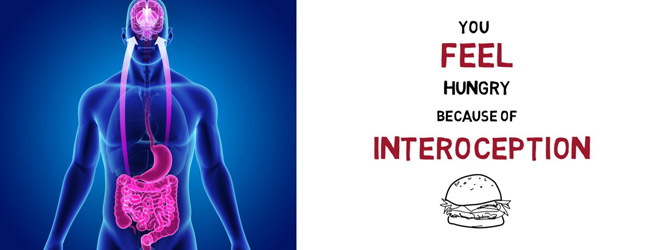
This cross-sectional study using secondary data of military personnel from various branches is the first to look at interoception* in a military context and its relation to suicidal behavior. Researchers examined associations between interoceptive deficits** and suicidal thoughts, attempts, and related psychopathology. This is the first study to replicate previous findings associating interoceptive deficits and suicidal ideation and behavior in a military sample and the first to find an association between interoceptive deficit and lethality of suicide attempts in any sample. Key research findings are the following:
These takeaways may inform future research and implications for clinical practice. While there is currently no guidance for implementation, clinicians might consider assessing for interoceptive deficits as part of suicide assessment or increasing interoception as a means of reducing suicide risk. However, further longitudinal research is needed as is evidence that changing interoceptive deficits will lead to decreased suicidal ideation and behavior in military settings.
*Interoception is defined as one’s ability to accurately perceive and interpret sensations of the physical body (ie: touch, temperature, pain, emotions, etc.)
**Interoceptive deficits refer to a disconnection from the physical body. Such deficits can cause challenges in understanding one’s own body.
References: